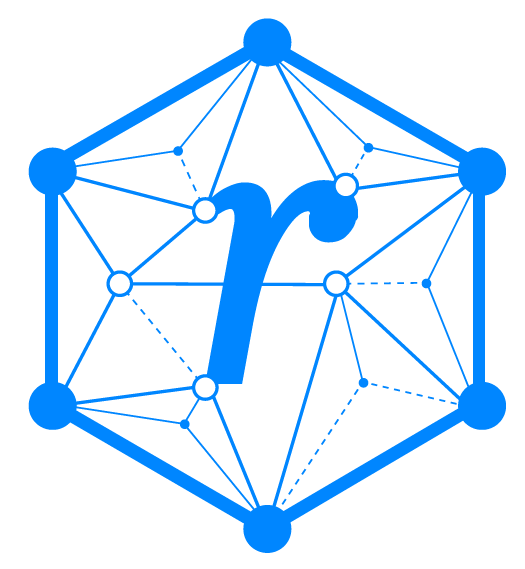About RWOT
The term “Web of Trust” dates back thirty years to PGP, where the “Web” referred to a distributed network of systems and the “Trust” was limited to the validation of keys. It revealed the need for decentralization and recognition on the internet.
“The web-of-trust that began in Pretty Good Privacy was more than ‘pretty good’ in 1991 and even in 2001. However, as we approach the 25th anniversary of PGP, it is time to take the lessons we’ve learned and the new cryptographic technologies we’ve created to take a fresh look at the problem. I’m looking forward to collaborating to create a new foundation for next 25 years of the web-of-trust.”
— Jon Callas, Director of Technology Project at EFF, former CTO of PGP
Today, those needs remain, but the Web of Trust has grown larger, encompassing the creation, authentication, and verification of self-sovereign identities as well as privacy protection, reputation assessment, smart contracting, and more. The blockchain has come to be one of the most interesting and new tools for these tasks.
The Workshops
Rebooting the Web of Trust was founded in San Francisco, California in November 2015 as a global collaboration influencing the future of these technologies. Since then, workshops have been run from Santa Barbara to Toronto, from Paris to Prague, bringing these technologies to the whole world.
Over the last seven years, Rebooting the Web of Trust has published over fifty collaborative white papers, technical specs, and code repositories. The focus of all of our events is on decentralized identity, including technical models, reputation systems, smart contracts and more. We’ve had users work with us to design practical use cases and applications, and we’ve had engineers create technical specifications and code.
Some members of our community have leveraged this work and turned it into projects that have received VC funding, while others have brought in SBIR grants and other contracts from the US Government. Still others have integrated RWOT work into proprietary identity platforms. Technology specifications incubated at our events are also moving toward acceptance in W3C and IETF as international standards.
The terminology of “Self-Sovereign Identity” created at our design workshops is now being used broadly as the future of identity by many identity organizations worldwide and is also the topic of a book from Manning. The current draft specification for Decentralized Identifiers (DIDs) in the W3C Decentralized Identifier Working Group drew heavily on the work at our workshops (as well as at IIW and the W3C CCG).
Though the precise workshop process may vary from one event to another, the following general information can give you more details on how the workshop works:
The Team
The 2023 Rebooting Web of Trust Board is Christopher Allen, Joe Andrieu, Erica Connell, Shigeya Suzuki, and Zaïda Rivai. Read their full bios.
The Rebooting Web of Trust Coordination Team is Christopher Allen, Joe Andrieu, Eric Schuh, Erica Connell, Will Abramson, Carsten Stocker, and Shannon Appelcline.
Contact Info
Email the leadership team at Leadership@WebOfTrust.info.
If you’d like to volunteer to help the event, email the coordinators at volunteers@weboftrust.info.
To stay up to date with Rebooting the Web of Trust, sign up for our mailing list:
